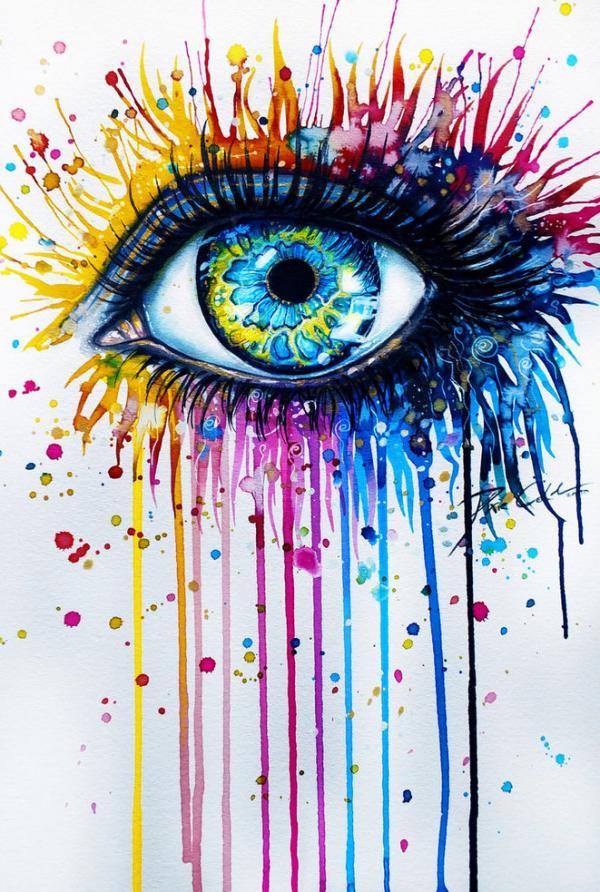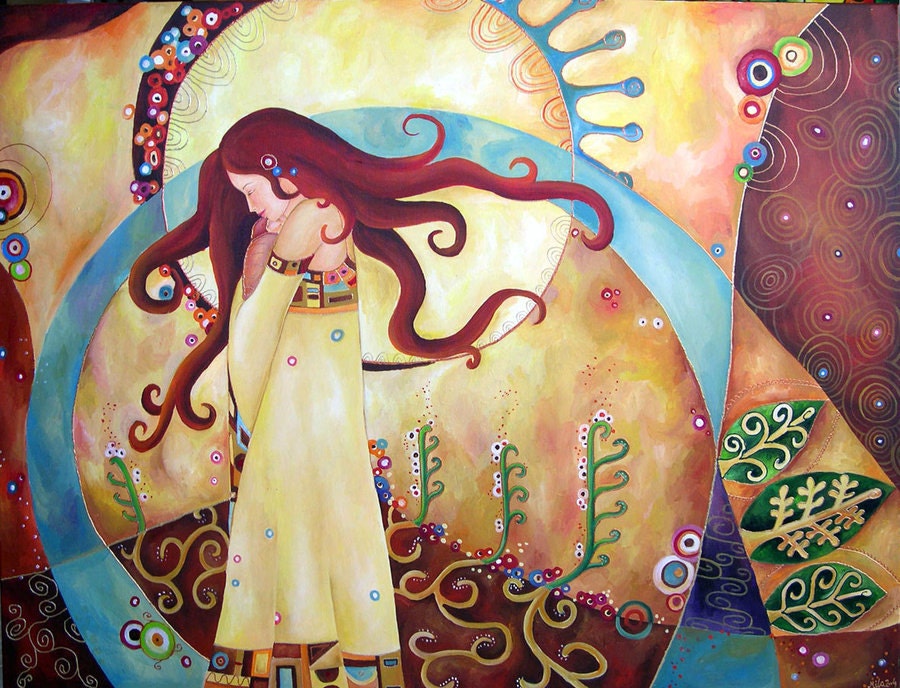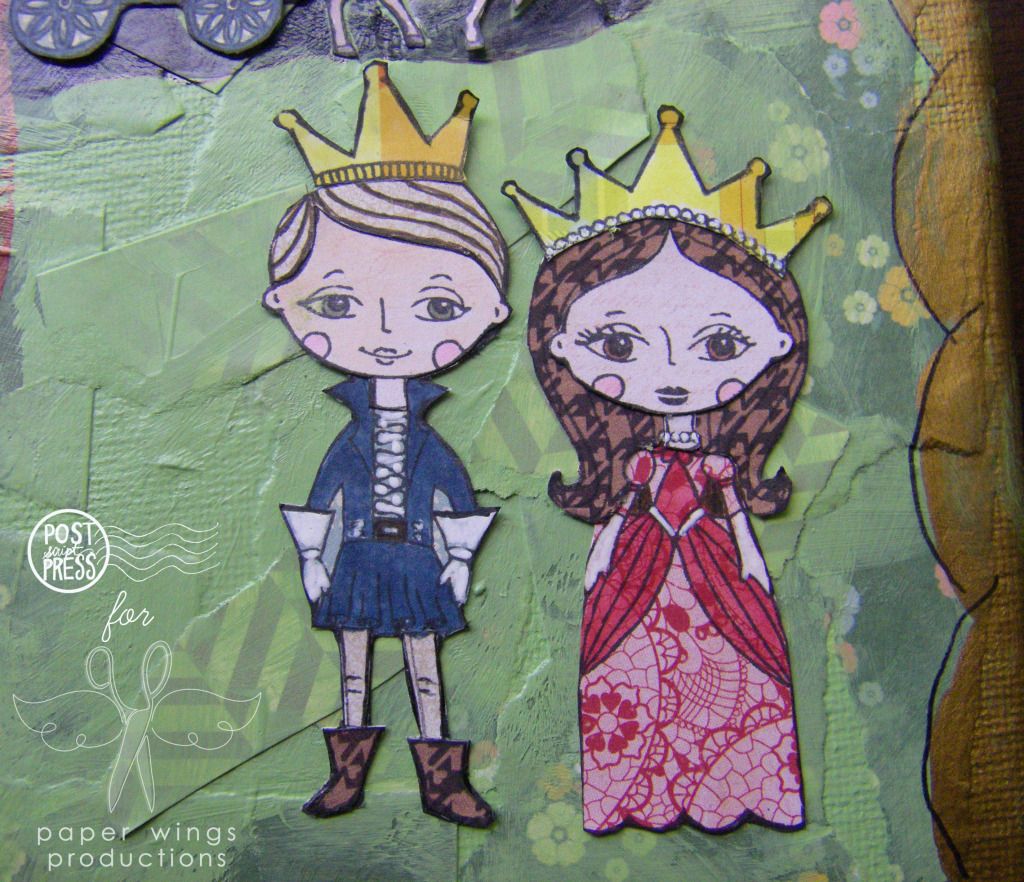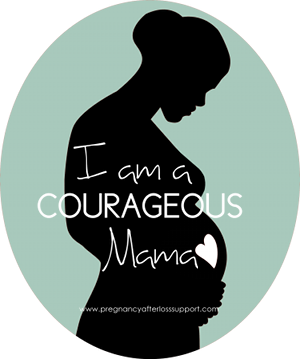Today we will hear what it is like to be a grieving grandparent from my mom, Grandma Gerry. Thank you, mom, for being brave enough to share some of your deeply personal emotions. I know that is hard to do. Even though it might be hard, from your writing I have learned so much more about your experience of Nora and of grief. And though I am far away in distance, I feel and know I am close in your heart with the words you share with me and others.
Thanks Mom! Love You!
It has been almost five months since our granddaughter,
Nora, was born dead.
I think about her
all the time.
I also think about what
Lindsey and Nick must be going through all the time.
I know that I have experienced some difficult
times with grief so I can’t even fathom the grief that the two of them must
endure.
The hours in the hospital waiting for Lindsey to deliver
Nora were some of the hardest moments of our parenting lives. I know Bob, who likes to confront things head
on, had a hard time adjusting to the fact that there was nothing he could do to
help or control this situation. I just wanted to be with Lindsey, but I also
realized that Nick and Lindsey needed their space. Lindsey had made it known to Bob when she
called with the news that she wasn’t ready to talk to me as it would make her
lose focus and she needed to focus on birthing Nora. Part of me feels that she was afraid that I
would be disappointed in her—which I wasn’t.
Disappointed in the universe-yes; my daughter-no. A mother’s love never fails. I can see that
with Lindsey and Nora.
How does one go about parenting a child who has lost a
child? I have tried hard to navigate the
many signals that Lindsey has given me, along with using some of my mothering
intuition. The days after Nora’s
delivery Bob and I stayed in the area with Lindsey’s sister Kristi, and her
husband Zach. We didn’t want to intrude
in Lindsey’s and Nick’s grief—it is such a personal experience—so when Bob and
I visited Lindsey and Nick, we did so on the premise of ‘helping out’. And we did help out by doing some light
cleaning and cooking. But Lindsey
and Nick finally told us that they just wanted us to be ‘there’ to sit with
them. They just needed us to ‘be’. And so we did.
Those first few days we listened to their needs and
responded as best we could. Lindsey
asked us to help with the funeral by getting food and flowers. This was a good task for Bob, as he could
finally have some semblance of control over a very difficult time in our lives,
or maybe he just wanted to do something for the granddaughter he would never get
the chance to know. For me, dealing with
the food and funeral flowers was like putting a period at the end of a
sentence. Finishing a part of our lives
that hadn’t even got started. After a
week in Minneapolis with Kristi and Zach, and traveling to see Lindsey and
Nick, Bob and I headed home after Nora’s evening funeral. I don’t think I stopped crying for the whole four
and a half hour drive.
Now our parenting comes at a distance. We keep in touch almost daily. I was very concerned at first about Lindsey’s
seemingly lack of grieving. Lindsey
seemed to be so strong, and I rarely had seen her cry. Unbeknown to me, she had many silent tears in
the evening after people had left—just like she used to do as a child. When she was little I would put her to bed
after family had spent the day and she would cry and say how she missed
everyone. I should have known that she
would grieve now as she did then. I was
relieved when she started this blog because I could follow her grieving and
could see her progress.
I spent a week at the end of January with Lindsey and
Nick. We cooked together, something that
Nick really does enjoy doing and learning about, and something that I am pretty
good at. Lindsey and I spent time
shopping, and I started collecting items for my scrapbook for Nora. Scrapbooking is one of my therapies, and I
needed a physical reminder of Nora. I
have pictures of the baby shower, Nora growing in her Mom’s tummy, and combined
some of the posts from the blog into the scrapbook, along with some of the
‘white signs of grief’. This will be one
of my memorials for Nora.
Another therapy of mine is gardening. I have loved gardening since about the sixth
grade, and have many flower and vegetable gardens. My scrapbooking sisters had decided that they,
along with my real sisters, would put in a garden for Nora. I decided on a whimsical, nursery rhyme
theme, and it is slowly taking shape. I
attached it to a current small bed I have, and got rid of the grass adjacent to the
bed with roundup in a free form. A
couple of days after getting rid of the grass I realized that I had free-formed a
heart shape. I guess my subconscious was
at work here! It will take shape over
the next couple of weeks and I will happily share the outcome of the sister’s
work in ‘Nora’s Garden’.
Bob is not much for openly grieving, and it is sometimes
hard to determine what he is feeling.
His sadness would show in his eyes, though. He was really looking forward to being Nora’s
Grandpa. When I asked him what the
hardest part of our losing Nora was, he replied ‘seeing my wife, Lindsey and
Nick, and Kristi and Zach in pain’.
Because he knows that that pain—grief—is something uniquely personal,
and something he cannot control.
There will probably never be a day that I don’t grieve for
Nora. I am hoping that by making my
memorials and working through the grief with Bob, Lindsey and Nick, and Kristi
and Zach, that it will become less and less painful.
“When someone you love dies, you
never quite get over it. You just slowly learn how to go on without them. But
always keeping them tucked safely in your heart.”
~Ritu
Ghatourey



























